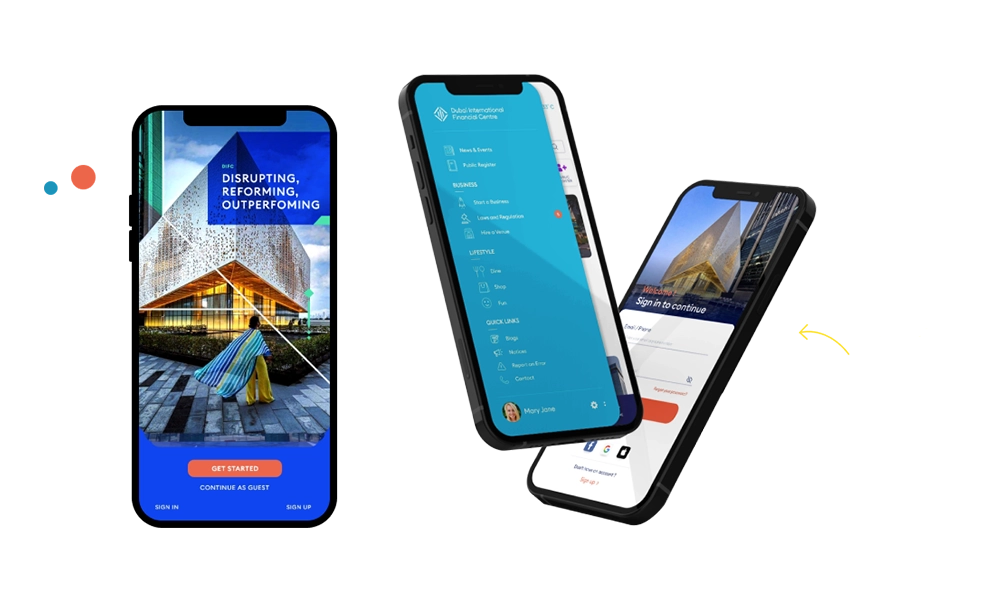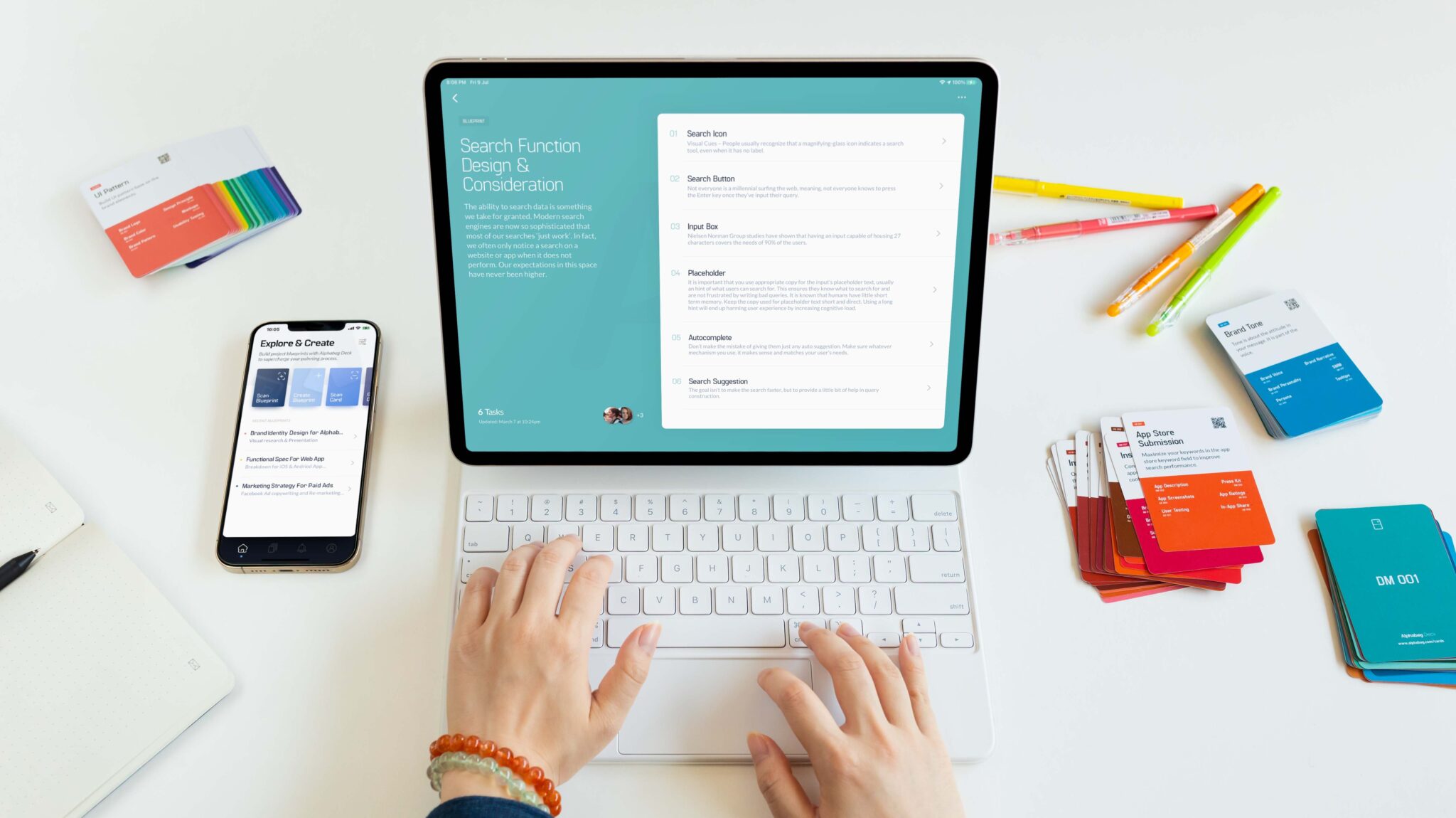In the heart of the Middle East, where tradition and modernity converge, Dubai stands as a beacon of innovation. As the city continues its relentless pursuit of technological advancement, Blockchain has emerged as a disruptive force, reshaping industries and redefining business processes. In this comprehensive exploration, we delve into the myriad Blockchain Applications in Dubai, examining how this decentralized technology is driving transformative change across various sectors.
Blockchain in Finance and Banking
Dubai’s financial sector has been quick to embrace the potential of Blockchain technology. From secure and transparent cross-border transactions to the implementation of decentralized finance (DeFi) solutions, Blockchain is revolutionizing the way financial transactions are conducted. The Dubai International Financial Centre (DIFC) has positioned itself as a hub for fintech innovation, leveraging Blockchain to enhance security, reduce fraud, and streamline financial operations.
Smart Contracts in Real Estate
Dubai’s real estate market, known for its opulent developments, is undergoing a digital transformation through Blockchain. Smart contracts, powered by Blockchain, enable transparent and tamper-proof property transactions. The Dubai Land Department’s Blockchain initiative ensures that every step of the real estate process, from property registration to title transfers, is recorded on an immutable and decentralized ledger.
Supply Chain Transparency
Dubai’s strategic location as a global trade hub makes supply chain management a critical aspect of its economic infrastructure. Blockchain applications in supply chain management enhance transparency, traceability, and accountability. Through the integration of Blockchain, Dubai aims to ensure the authenticity of products, combat counterfeit goods, and streamline the movement of goods across its ports.
Blockchain in Healthcare
The healthcare sector in Dubai is leveraging Blockchain to address issues of data security, interoperability, and patient privacy. By storing medical records on a decentralized and secure ledger, healthcare providers ensure the integrity and confidentiality of patient information. Blockchain also facilitates the efficient sharing of medical data between different healthcare entities, leading to more coordinated and personalized patient care.
Government Efficiency and Identity Management
Dubai’s commitment to becoming a smart city is exemplified by the government’s adoption of Blockchain for enhancing efficiency and security. The Dubai Blockchain Strategy aims to shift all government transactions to Blockchain by 2020. Additionally, Blockchain is being utilized for identity management, allowing residents to access government services securely with a single digital identity.
Implementation Strategies
Public-Private Partnerships
The Dubai government actively promotes collaboration between the public and private sectors to drive Blockchain innovation. Initiatives like the Dubai Blockchain Center foster an ecosystem where government entities, businesses, and startups collaborate to develop and implement Blockchain solutions.
Education and Awareness Programs
Recognizing the importance of knowledge dissemination, Dubai invests in education and awareness programs to equip businesses and professionals with the necessary skills to harness Blockchain’s potential. Workshops, seminars, and training sessions play a crucial role in fostering a culture of innovation and adoption.
Regulatory Framework
Dubai’s proactive approach to Blockchain includes the establishment of a regulatory framework that provides clarity and guidance for businesses operating in the Blockchain space. The Dubai Multi Commodities Centre (DMCC) Free Zone, for instance, has implemented regulations to govern crypto asset activities.
Impact on Business and Society
Enhanced Security and Transparency
Blockchain’s decentralized nature ensures that data is secure, transparent, and resistant to tampering. This enhanced security has a profound impact on businesses, fostering trust among stakeholders and reducing the risk of fraud.
Efficiency and Cost Savings
Implementing Blockchain applications in various sectors leads to increased efficiency and significant cost savings. Smart contracts, for example, automate and streamline processes, reducing the need for intermediaries and minimizing the risk of errors.
Inclusive Economic Growth
Blockchain’s ability to provide financial services to the unbanked or underbanked populations contributes to inclusive economic growth. In Dubai, Blockchain initiatives aim to democratize access to financial services and empower individuals who were previously excluded from traditional banking systems.
Challenges and Future Outlook
While Dubai has made significant strides in adopting Blockchain technology, challenges such as regulatory uncertainties, interoperability issues, and public awareness remain. However, the city’s forward-thinking approach, coupled with ongoing efforts to address these challenges, positions Dubai as a global leader in Blockchain adoption.
In conclusion, the Blockchain Applications in Dubai are not just technological advancements; they represent a commitment to building a future where transparency, security, and efficiency are paramount. As Dubai continues to position itself as a hub for innovation, the transformative power of Blockchain will play a pivotal role in shaping the city’s economic, social, and technological landscape.





